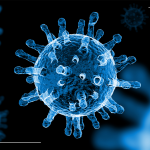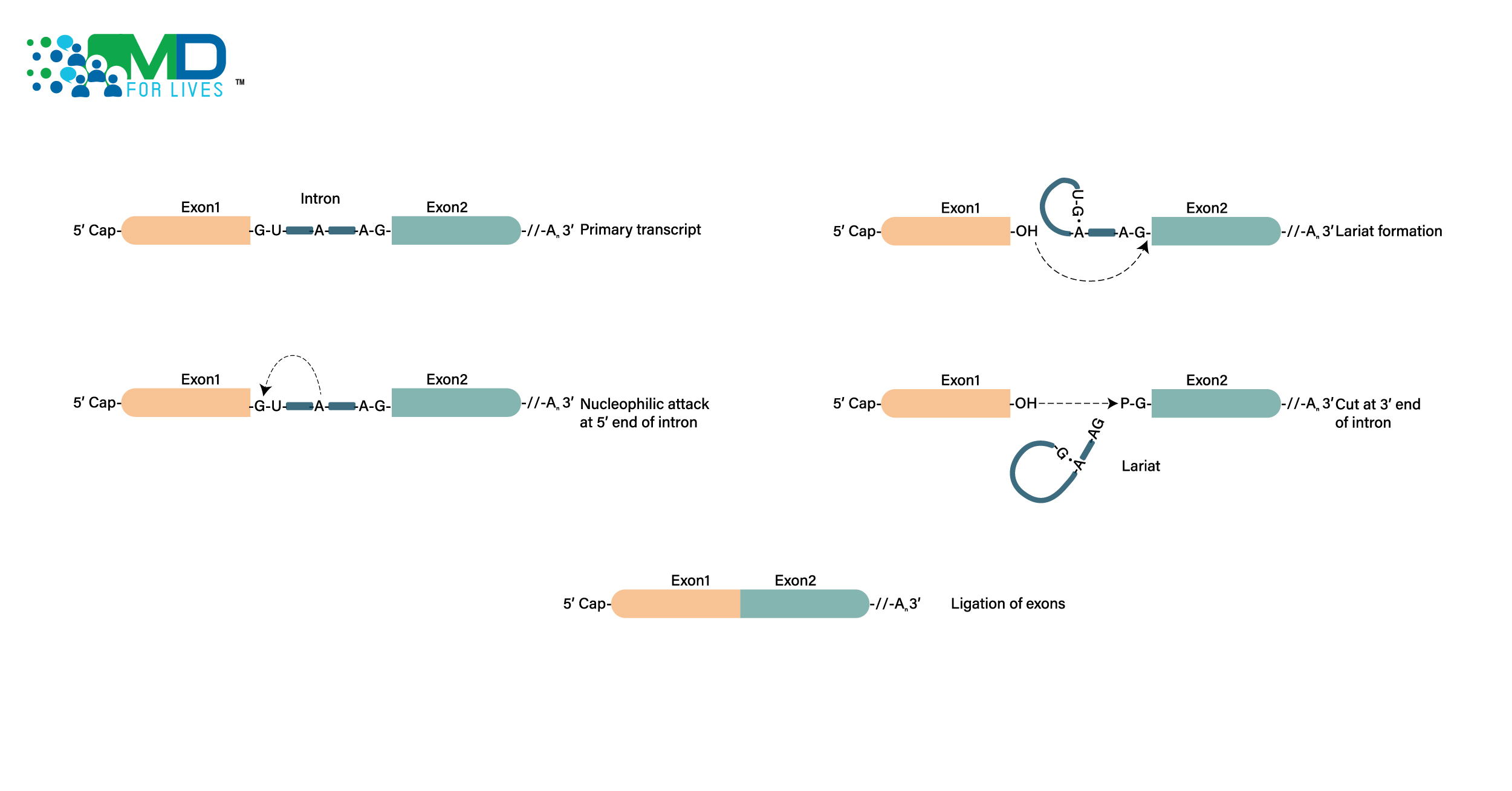As exponential innovation pulls the future of health ahead, traditional barriers in the life sciences and health care industries are disappearing. The next 20 years will be marked by significant change. The incredible research and clinical trials are shaping the future of tomorrow.
Breakthrough in Pulmonology
The EMA committee recommends that Regeneron and Sanofi’s Dupixent be approved for the treatment of severe asthma with type 2 inflammation in children aged 6 to 11 years.
In children with uncontrolled moderate-to-severe asthma, adding Dupixent to the standard of care significantly reduced the rate of severe asthma attacks and improved lung function within two weeks, with sustained improvement lasting up to 52 weeks.
The trial’s safety results were generally consistent with Dupixent’s known safety profile in patients aged 12 years and older with uncontrolled moderate-to-severe asthma.
Injection site reactions, viral upper respiratory tract infections, and eosinophilia were the most common adverse events observed with Dupixent compared to placebo. Helminth infections were also more common in patients aged 6 to 11 years with Dupixent compared to placebo.1

Breakthrough in Ophthalmology
Vabysmo (faricimab-svoa) has been approved by the US Food and Drug Administration (FDA) for the treatment of neovascular or “wet” age-related macular degeneration (nAMD) and diabetic macular edema (DME). Neovascular AMD and DME are two of the most common causes of vision loss worldwide.
By neutralizing angiopoietin-2 (Ang-2) and vascular endothelial growth factor-A, Vabysmo targets and inhibits two disease pathways linked to a variety of vision-threatening retinal conditions (VEGF-A).
Vabysmo is the first and only FDA-approved injectable eye medicine for nAMD and DME. Eye injections every one to two months are typically the standard of care for nAMD and DME.
In all four studies, Vabysmo was well tolerated and had a favorable benefit-risk profile. Conjunctival hemorrhage was the most common adverse reaction (=5%) reported in Vabysmo patients (7%).2

Breakthrough in Oncology
Leica Biosystems, a cancer diagnostics company, has partnered with Leap Therapeutics, a biotechnology company, to develop a companion diagnostic for Dickkopf-related protein 1. (DKK1). The assay will be used to aid in the clinical development of DKN-01, an anti-DKK1 cancer therapy currently being tested in clinical trials by Leap Therapeutics.
DKK1 is a protein that has been linked to cancer, allowing tumor cells to suppress the immune system and grow uncontrollably. DKK1 overexpression is linked to a lower chance of survival in cancer patients.
DKN-01, a humanized monoclonal antibody that targets DKK1, is currently being developed by Leap Therapeutics for the treatment of cancer. The drug is currently being studied in a phase 2 clinical trial in patients with gastric or gastroesophageal junction cancer as part of a combination therapy regimen.
The BOND-III Automated Staining System is used to detect DKK1 with high sensitivity and specificity to help identify patients who are most likely to benefit from DKN-01 treatment.3

Breakthrough in Infectious disease studies
Daiichi Sankyo Company, Limited announced the launch of a clinical trial in Japan to test a booster dose of DS-5670, an mRNA vaccine against the novel coronavirus infectious disease (Covid-19).
The trial is a phase 1/2/3 study to assess the safety and efficacy of DS-5670 in healthy Japanese individuals, including the elderly, who completed their first vaccination (1st and 2nd doses) against Covid-19 with vaccines licensed in Japan at least 6 months after their last vaccination.
DS-5670 is a Covid-19 mRNA vaccine developed by Daiichi Sankyo employing a new nucleic acid delivery technique. It is expected to be both safe and effective since it targets the novel coronavirus’s receptor binding domain (RBD).
In addition, after the initial vaccination, DS-5670 elicited neutralizing activities against the Omicron variant to a degree in animal models, and the subsequent dose enhanced neutralizing activities even more, showing a possible booster effect.4

Breakthrough in Neurology
Denovo Biopharma LLC, a clinical-stage biopharmaceutical company, announced that the FDA has approved its investigational new drug (IND) application for DB104 (liafensine) for treatment-resistant depression (TRD), allowing the company to begin a global phase 2b clinical trial to assess the safety and efficacy of liafensine in TRD patients.
In any given year, more than 15 million people in the United States suffer from the major depressive disorder (MDD). In the present depressive episode, around one-third of patients with MDD do not respond satisfactorily to at least two different antidepressants of acceptable dose and duration and are classified as having treatment-resistant depression (TRD). TRD is a chronic disorder that causes the sufferer, their loved ones, and society to bear a continuous emotional, functional, and economic burden.
Denovo employed its proprietary biomarker technology to discover Denovo Genomic Marker 4 (DGM4), a novel predictive biomarker that is strongly linked to clinical response to liafensine in TRD patients. This has the potential to revolutionize the field of CNS medication development.5

Breakthrough in Urology
The National Medical Products Administration (NMPA) of China has approved Benlysta (belimumab) for the treatment of adult patients with active lupus nephritis (LN) who are receiving standard of care, according to GlaxoSmithKline plc (GSK). The approval expands the current indication in China for adults and children aged five and up with active systemic lupus erythematosus as add-on therapy (SLE).
Recognizing the potential for lupus nephritis to cause kidney damage, this approval will provide patients in China with a new therapy option to help delay the progression of systemic lupus.
SLE, a chronic, incurable autoimmune illness, is the most common type of lupus. It’s difficult to diagnose, and treating it is even more complicated. A variety of debilitating symptoms, including painful or swollen joints, intense exhaustion, inexplicable fever, and skin rashes, are connected with the illness. SLE causes inflammation (swelling or scarring) of the small blood arteries (glomeruli) that filter wastes in the kidney and sometimes the kidneys in LN by attacking them as if they were a disease. LN can cause renal failure, necessitating dialysis or a kidney transplant.
Despite advances in detection and therapy over the previous few decades, LN continues to be a poor prognostic indicator. Proteinuria, increased serum creatinine levels, and urine sediment are all symptoms of LN. Within ten years of diagnosis, around 20% of people with LN have end-stage kidney disease.
Benlysta (belimumab), a human monoclonal antibody that binds to soluble B-lymphocyte stimulator (BLyS), is a B-lymphocyte stimulator (BLyS) selective inhibitor. Belimumab does not directly bind to B cells or diminish B cell numbers. Belimumab suppresses B cell survival, including autoreactive B cells, and reduces B cell development into immunoglobulin-producing plasma cells through binding BLyS.
Benlysta, when used in combination with normal medication, is intended for patients aged 5 and up who have active, autoantibody-positive systemic lupus erythematosus (SLE) and a high disease activity despite standard therapy.6







